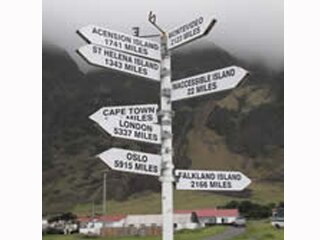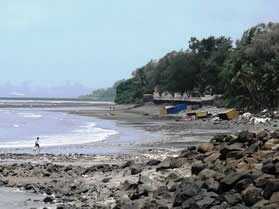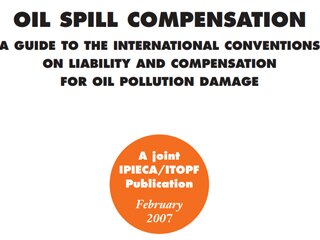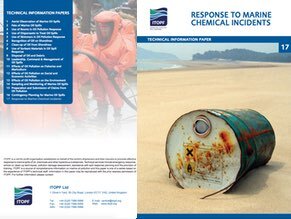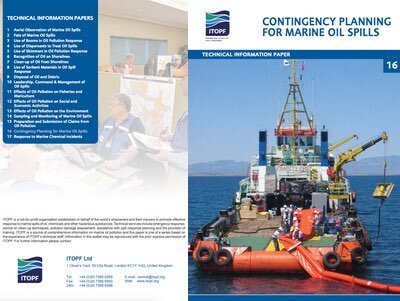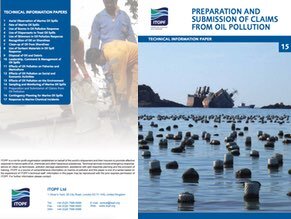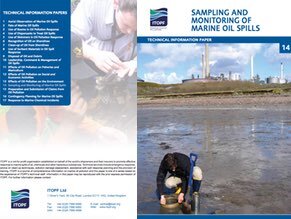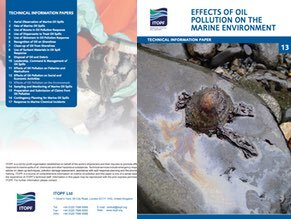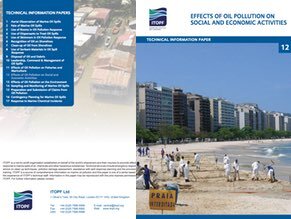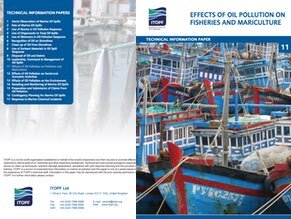Documents & Guides
Explore a variety of topics about marine spills, response and compensation matters in the pages below.
Each topic and area of interest provides access to more detailed documentation that is freely downloadable.
This includes our 18 Technical Information Papers which are fully illustrated with photos and diagrams and are available in several languages.
Alternative Fuels
What are the emerging alternative fuels and their associated risks, hazards, damages and liabilities?
Compensation for Ship-source Marine Oil Spills
What legal arrangements and sources of compensation are available for a spill from a ship?
Disposal
What planning and waste management systems need to be put in place to reduce the volume of oily waste for treatment or disposal?
HNS
What are the specific chemical response strategies for responding to a Hazardous and Noxious Substance spill, and what are the potential effects on human and marine life?
Contingency & Response Planning
What information is needed for an effective oil spill contingency plan? How can aerial observation and protective strategies assist with response operations?
Economic Effects
Which industries might suffer temporary economic losses and loss of market confidence?
Fate of Oil Spills
What happens to oil in the marine environment over time when spilled at sea? How do different factors such as volume and physical and chemical properties affect the fate of oil spills?
Explore the Resources
Responding to spills in remote locations (2012)
Over the years, ITOPF has regularly attended incidents in relatively remote locations with limited response capacities and/or limited contingency planning arrangements in place.
Categories: Response Techniques, Planning & operations, Spill Response, Papers
Responding to containership incidents (2012)
The aim of this paper is to highlight the common challenges that have arisen following serious containership incidents, focusing largely on the MSC CHITRA incident response in India, in order to encourage preparedness and planning for other such events.
Categories: Container Ship, Spill Response, Papers
Oil Spill Compensation - A Guide to the International Conventions on Liability and Compensation for Oil Pollution Damage (2007)
A joint ITOPF / IPIECA briefing guide to the International Conventions on Liability and Compensation for Oil Pollution Damage, applicable to spills of persistent oil from tankers.
Category: Good Practice Guides
TIP 17: Response to marine chemical incidents
This paper provides an introduction to the issues involved in responding to chemical spills and addresses the range of hazards present, the behaviour of chemicals when spilt at sea and briefly reviews available response options.
Categories: HNS, Technical Information Paper (TIPS)
TIP 16: Contingency planning for marine oil spills
This paper outlines the typical format and content of contingency plans for response to ship-source spills and highlights the key steps required for an effective plan.
Categories: Planning & operations, Technical Information Paper (TIPS)
TIP 15: Preparation and submission of claims from oil pollution
This paper provides guidance on the information to be recorded and the documentation or other evidence required to support a claim. The process by which a claim should be compiled and submitted is also outlined. This paper is applicable primarily to spills of oil from ships although many of the points raised will be relevant to spills of oil from other sources
Categories: Compensation, Technical Information Paper (TIPS)
TIP 14: Sampling and monitoring of marine oil spills
This paper provides a broad overview of the monitoring and sampling procedures that can be used for qualitative and quantitative monitoring of oil contamination. While qualitative analyses can confirm the source of oil contamination, monitoring programmes are often concerned with the quantitative changes in hydrocarbon levels over time. Guidance on analytical best practice is given and common terminology is explained. However, the techniques and observations required to monitor specific ecological or biological effects and to monitor contaminants in the air are beyond the scope of this paper.
Categories: Environmental effects, Planning & operations, Technical Information Paper (TIPS)
TIP 13: Effects of oil pollution on the marine environment
This paper describes the effects of ship-source oil spills and resultant clean-up activities on marine flora and fauna, and their habitats. Particular attention is devoted to discussing the complex interactions between oil and biological systems, which have been the subject of diverse studies over many years. Separate ITOPF papers consider the specific effects of oil on fisheries and mariculture and on wider human activity.
Categories: Environmental effects, Technical Information Paper (TIPS)
TIP 12: Effects of oil pollution on social and economic activities
This paper considers some of the effects of oil spills on a variety of coastal industries and social activities and considers measures which might reduce their impact. Given their particular importance, the effects of oil spills on fisheries and mariculture are considered in a separate Technical Information Paper.
Categories: Economic effects, Technical Information Paper (TIPS)
TIP 11: Effects of oil pollution on fisheries and mariculture
This paper describes the effects of ship-source oil pollution on fishing and mariculture and provides guidance on response measures and management strategies which may help to reduce the severity of oil spill impacts. Damage to other economic resources is considered in a separate Technical Information Paper.
Categories: Environmental effects, Economic effects, Technical Information Paper (TIPS)

